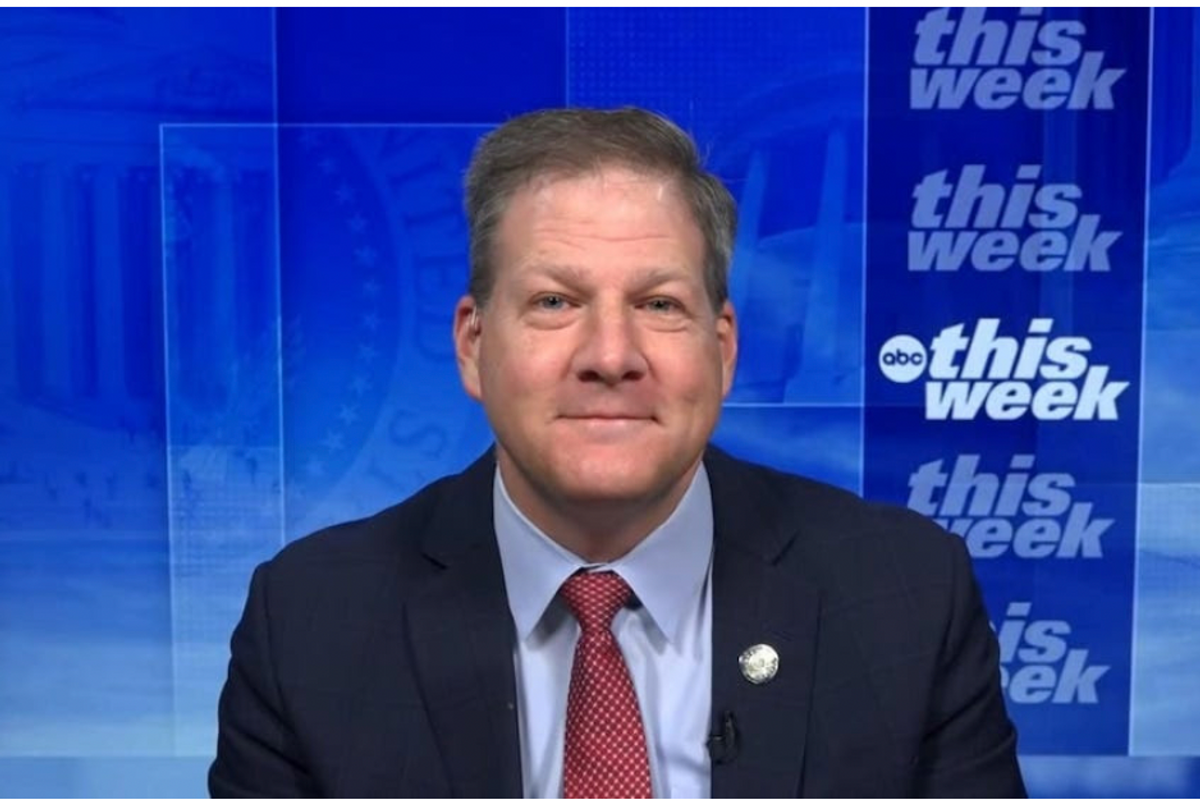What The D.C. Mayor’s Scandal Tells Us About Disclosure Of Political Spending
Vincent Gray’s “shadow campaign” that gave money to both the incumbent and challenger exposes the real reason some fight transparency: the desire to cover up the favors they buy with contributions.
The Senate finally took up the DISCLOSE Act today, which would respond to the post-Citizens United explosion of large and secret political spending by requiring SuperPACs and political nonprofits to promptly reveal their own political spending and their large donors. While Republicans will block it, as they did in 2010, they have developed a new argument that was unveiled by Senate Minority Leader Mitch McConnell in a speech at the American Enterprise Institute on June 15: Disclosure would feed the Obama administration in its efforts to “silence” and intimidate its opponents. This new argument was mostly developed by Brad Smith, Steve Hoersting, and their colleagues at the anti-reform Center for Competitive Politics. I wrote about it before the McConnell speech, noting that the conservative argument in the past was to oppose restrictions on political money in favor of disclosure, but now that disclosure is the only option, they have to find a way to oppose that too.
There is a lot that’s silly about the “intimidation” argument, most notably that if it were really true that the Obama administration has “got the IRS, the SEC, and other agencies going after contributors, trying to frighten people and intimidate them out of exercising their rights to participate in the American political discourse,” as McConnell said on Fox News, the appropriate remedy would be impeachment. (One of the articles of impeachment against Richard Nixon in 1974, the one that got broadest bipartisan support, was for just such activities.) Instead, McConnell’s remedy for what he claims is a lawless administration is that his party’s donors alone should get a special exemption from campaign disclosure laws.
Not only does McConnell have less than zero evidence of actual intimidation, his model of how money works in politics is an imaginary one. Let’s look at a case of real corruption here in Washington, D.C. On Tuesday, a fundraiser and friend of Mayor Vincent Gray agreed to plead guilty for her role in a $658,000 “shadow campaign” on behalf of Gray, funded by city contractor Jeffrey Thompson.
According to the Washington Post, the fundraiser, Jeanne Clarke Harris, “said Thompson opted to hide his campaign largesse in large part to avoid angering [incumbent mayor Adrian] Fenty, whose administration his businesses relied on for contracts. The Medicaid deal held by his D.C. Chartered Health Plan is the city’s largest contract: It is worth more than $300 million yearly. ‘He did not want the sitting mayor to find out he was supporting his opponent,’ Harris said. ‘If somehow the sitting mayor won, he would be in some serious contractual problems.'”
On the surface, then, this looks exactly like the kind of situation McConnell and his allies have been warning about. Harris may not be telling the truth or accurately representing Thompson’s fears, but let’s assume she is. Here we have an example of a businessperson fearing retaliation from government for expressing his political views. But I don’t see the campaignfreedom.org blog rallying to the defense of Mr. Thompson.
Perhaps that’s because its obvious that Thompson was not expressing political views by secretly supporting Gray. He was covering his bets. Like most large political donors, his main view is his interest in making more money. He expected to have more clout in a Gray administration, especially because that administration will feel more obligated to him, but he did not want to jeopardize his partial success with the Fenty administration. So he made his expenditures secretly, through Harris and other channels.
Nondisclosure allowed Thompson to basically operate without expressing a political choice, by making contributions that he hoped would ensure access and influence no matter which candidate won. That’s the more general explanation for corporations and individuals wanting to keep large expenditures undisclosed. “Retaliation,” if and when it happens (and I’m not including plainly illegal actions like turning the IRS on an opponent’s supporters), is just the inverse of the influence and access that motivates giving. And nondisclosure, of course, doesn’t mean that the politicians and elected officials who benefit from the money don’t know about it. It should really be called uneven disclosure or asymmetrical disclosure.
Disclosure generally, and the DISCLOSE Act in particular, hardly solve all the problems of political inequality. But at least they allow us to begin to see the patterns of corruption, such as the connections between Thompson’s spending and his contracts, and demand better – just as D.C. voters and councilmembers are doing in calling for the mayor’s resignation.
Mark Schmitt is a Senior Fellow at the Roosevelt Institute.
Cross-Posted From The Roosevelt Institute’s Next New Deal Blog
The Roosevelt Institute is a non-profit organization devoted to carrying forward the legacy and values of Franklin and Eleanor Roosevelt.


